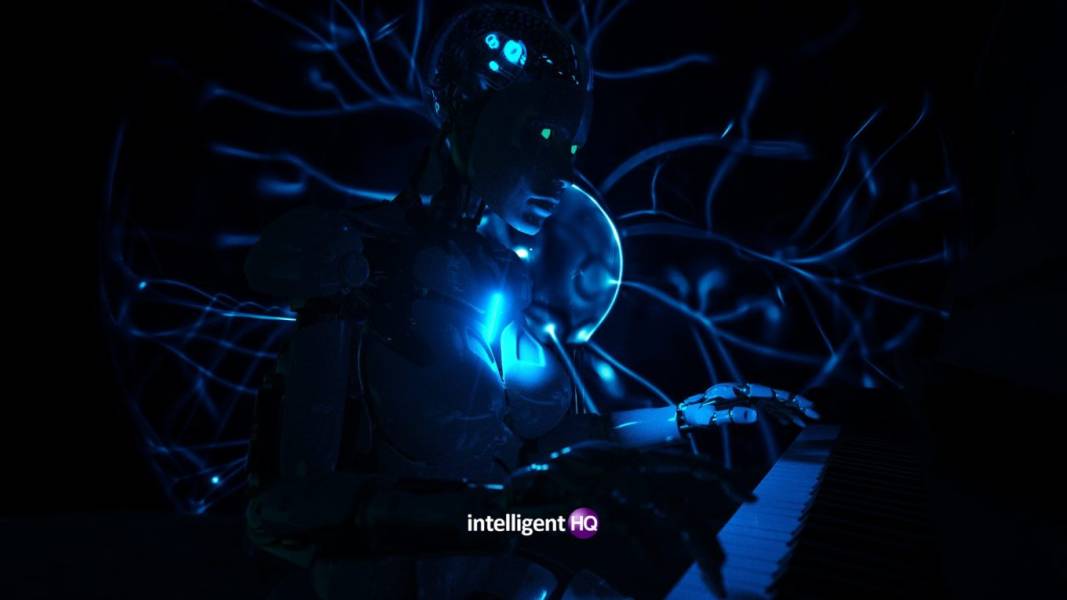One of the most significant questions regarding artificial intelligence is whether AI can be trusted.

Artificial Intelligence is the branch of computer science that focuses on training algorithms using data instead of programming them to carry out specific tasks. As a result, AI is not directly told what to do and is primarily programmed to make decisions based on its analysis. This independence makes AI effective but warrants fear and insecurity among scientists and developers.
What if the AI achieves super intelligence and turns against humanity? What if robots go rogue? The future of AI revolves around these scenarios, but the positive impact of AI in advancing health, aviation, marketing, and transport is pivotal in encouraging further research in AI.
So AI is not going anywhere; on the contrary, its scope and effect will burgeon in the coming years. So understanding the machine learning process and developing the skill to train and advance AI and make it more trustworthy is a profitable endeavor. One that you can kick start by doing an AI Bootcamp from a reputed institution.
What Are The Trust Issues With AI?
We, as a society, run on trust. Ensuring the trustworthiness of a product, service, or technology is integral if we expect people to embrace it. AI is a fresh concept that has created waves due to its effectiveness, but it still has a long way to go.
Although a robot uprising isn’t over the horizon anytime soon or ever, the possibility cannot be underestimated. With the pace that AI research and technology are advancing, algorithms will soon be smarter than human beings. The only obstacle preventing robotic supremacy is the AI’s inability to understand feelings and morals and deal with unexpected problems and morally complex situations. But once the advancement in AI technology overcomes these roadblocks, nothing stops a robot army from going to war against humanity.
Another issue that is instrumental in the distrust of AI is unintentional prejudice. Bias in AI is a risk for some groups of individuals and can be troublesome. Due to the data utilized to train AI models, bias in AI is produced. The results produced by AI systems will be biased if the data used for training has any human bias. Such AI prejudice might be biased toward people of particular racial, gender, or national backgrounds.
Types Of AI Bias
Bias is a significant hindrance to the advancement and acceptance of AI. Here are a few most common types of AI bias that one needs to understand before embarking on a mission to make AI trustworthy.
• Algorithm bias: This bias occurs when there is an issue within the algorithm. The bias is created due to a fault in the algorithm.
• Sample bias: As the name suggests, the sample bias results from the data problem used to train the AI.
• Prejudice bias: Since the data used to train the system in this type reflects current prejudices, preconceptions, or false social assumptions, those biases are also introduced into the machine learning itself
• Measurement bias: This bias develops due to fundamental issues with the data’s accuracy and the methods used to collect or evaluate it.
• Exclusion bias: This happens when a critical data point is left out of the data being used —something that can occur if the modelers don’t recognize the data point as consequential.
Ensuring AI systems are bias-free is crucial in building trust. Developing trustworthy AI comes with challenges, but it’s the only way forward.
Developing Trustworthy AI
Trustworthy AI is a concept used to define AI that is lawful, ethically adherent, and technically robust. It is founded on the premise that AI will realize its full potential when trust can be developed in each stage of its lifetime, from design to development, deployment, and use.
Tech companies and developers must consider these factors for building trustworthy AI:
Explainability
Transparency is the stepping stone to building trust. Understanding how AI systems work at the most fundamental level is crucial to gaining transparency. Companies that use AI must take a peek inside the black box to achieve this goal and comprehend how AI systems arrive at critical decisions and produce outcomes which they must then educate people about.
Integrity
Machine learning integrity can be used to verify that AI systems provide output following a developer’s predefined operational and technical parameters.
Conscious development
Development teams should be composed of various individuals who can help with algorithm creation and training data collection. Development teams can make sure that AI systems don’t produce biased results.
Reproducibility
The ability to recreate every result produced by an AI system is ensured by reproducibility. If a result cannot be replicated, it is impossible to determine how it came to be.
Regulations
The European Union has created ethical guidelines for trustworthy AI development. Similarly, governments should design rules and guidelines for developing trustworthy AI systems.
With a strategic approach and profound discussion, the development of trustworthy AI can be achieved.

Founder Dinis Guarda
IntelligentHQ Your New Business Network.
IntelligentHQ is a Business network and an expert source for finance, capital markets and intelligence for thousands of global business professionals, startups, and companies.
We exist at the point of intersection between technology, social media, finance and innovation.
IntelligentHQ leverages innovation and scale of social digital technology, analytics, news, and distribution to create an unparalleled, full digital medium and social business networks spectrum.
IntelligentHQ is working hard, to become a trusted, and indispensable source of business news and analytics, within financial services and its associated supply chains and ecosystems





























